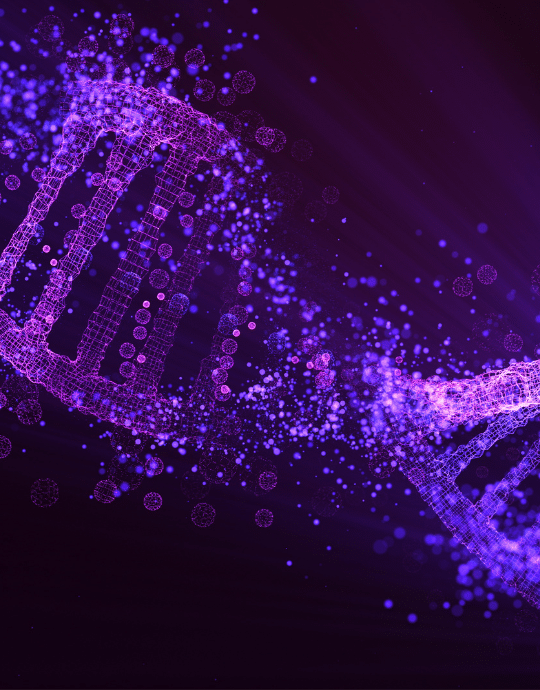Celebrating Trailblazing Women in Science
By: Kristin Ding
BLOG
In celebration of International Day of Women and Girls in Science, Verista is taking a moment to recognize and honor extraordinary women who significantly impact our industry. Their contributions not only change the way we improve people’s lives, but they also inspire a new generation of trailblazers.
Throughout history, women in science left powerful legacies despite societal pressures that challenged their existence in the scientific community. For instance, Marie Curie, one of the world’s most renowned scientists, was not even allowed to give speeches on her research simply because she was a woman. Instead, her husband presented their findings. Curie persisted and ultimately became the first woman to win a Nobel prize, the first person to win two, and the only person to win a Nobel Prize in two categories. Her groundbreaking work laid the foundation for innovations in medical devices that revolutionized cancer treatment through radiation therapy.
Alice Ball, an exceptional chemist, faced both sexism and racism during her professional career. While she forever changed the treatment of leprosy in the early 20th century with her innovative “Ball Method,” she did not receive credit for her scientific contributions for years. Tragically, Ball passed away before she could publish her research, which led to another chemist publishing it as his own.
Lise Meitner, an Austrian-Swedish physicist, faced sexism and antisemitism during her career. She played an instrumental role in uncovering the principles of nuclear fission—a critical breakthrough that has influenced energy and medical advancements, such as cancer detection. While Meitner did not win any of the almost 50 Nobel nominations she received, the Institute of Physics now has a prize named after her to honor her contributions to the scientific community.
Today, women in science continue to craft innovative solutions that enhance health, medicine, and technology.
Dr. Helen Brooke Taussig was first denied entry to medical school based on gender. After completing medical school, she lost her hearing. Despite these challenges, Dr. Taussig created a method for maximizing blood flow to the heart in babies with congenital heart conditions. The procedure is still performed worldwide.
Dr. Frances Arnold, a brilliant chemical engineer and Nobel laureate, facilitated the creation of enzymes tailored for use in medicine and environmental science. This innovation transformed pharmaceutical manufacturing by fostering sustainable and efficient production methods for life-saving drugs.
Dr. Katalin Karikó‘s groundbreaking research into mRNA technology paved the way for pharmaceutical companies to develop life-saving vaccines during the COVID-19 pandemic. Her relentless perseverance and dedication to overcoming funding and recognition hurdles embody the spirit of innovation and determination.
Dr. Jennifer Doudna co-invented CRISPR-Cas9, a technology for high-precision genome editing. By allowing geneticists and researchers to alter sections of a DNA sequence, her discovery opens the door to cures for a range of diseases.

Women continue to play a vital role in developing life-saving treatments and should continue to be recognized for their work. In honor of International Day of Women and Girls in Science, Versita celebrates the extraordinary women who inspire us through their dedication, innovation, and courage. Together, we can continue to break barriers and create a future full of possibilities in the life sciences.